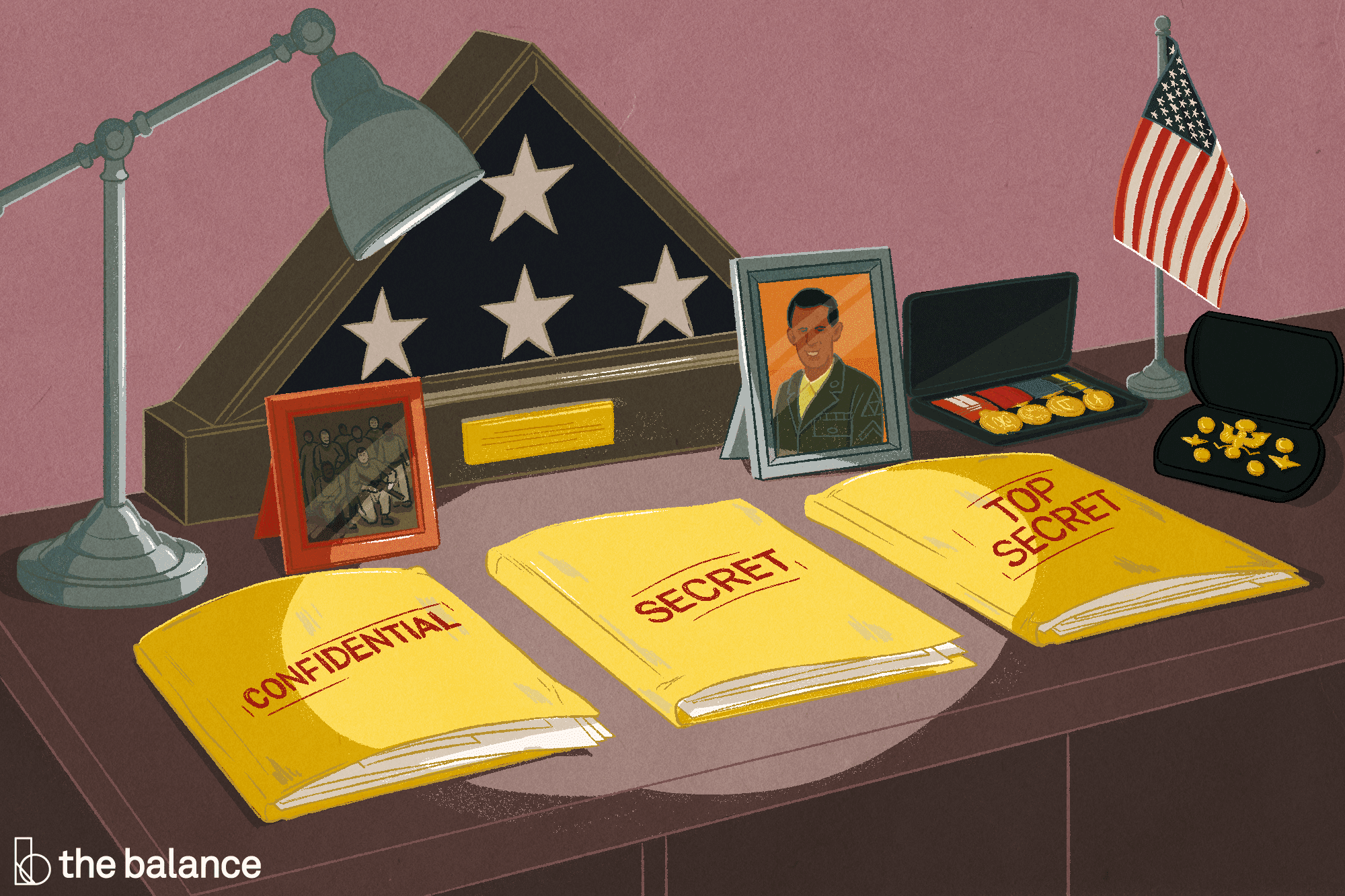
Although there are signs that the economy is improving, weak sales still could land some retailers and banks on the bankruptcy heap. That’s why gift cards remain a risky purchase. If the retailer goes out of business, your gift recipient could end up with a worthless piece of plastic, whether it’s a store- or bank-issued card. You can avoid that and other gift cards hassles-including dormancy fees and other charges-by giving a traditional gift or cash instead. But if you are considering buying a gift card, here are a few things to keep in mind.
-
Avoid troubled issuers
Don’t buy a card from a retailer or financial institution that you know is in trouble. Check the company’s Web site, including its shareholder pages and news releases. Do a Google search of the issuer’s name with words such as “financial trouble.” -
Hand over documentation
Give the recipient a copy of the terms and conditions on the card, plus your receipt.
If you are the recipient of a gift card, take these steps:
-
Use it fast
Spend the entire value quickly to reduce your risk of getting stuck with a worthless card if the issuer fails. Holding on to a card also increases the chance that it will be lost, stolen, or just forgotten. Unused cards have been a boon to issuers. In 2007, for example, the retailers American Eagle and Abercrombie and Fitch booked a combined total of $13 million in unused gift-card revenue, according to the Tower Group, a Massachusetts-based research and advisory firm for the financial-services industry. -
Register it
Doing so, where applicable, will allow you to make a claim in the event that a failed issuer properly set aside gift-card proceeds, so they remain available to card holders instead going to other creditors. Registration also might be necessary if you want to use the card on the Internet, monitor your transactions, or replace a card that’s lost or stolen, which also might require a receipt. -
Check the terms and conditions
Look for expiration dates, replacement policies, fees, and the like. Keep a copy along with the gift-card receipt. -
Review your rights
You might have additional rights, depending on your state. . Consumers Union offers details about each state’s gift-card laws, along with information about the new gift-card requirements under the Credit CARD Act of 2009.
If the issuer of a gift card you hold gets into financial trouble, here are a few options:
-
Redeem the card now
If the issuer hasn’t failed, spend the remaining balance immediately. If it’s a retail card and local stores close, find out if you can redeem it on the retailer’s Web site. -
Complain
If the issuer stops accepting gift cards or closes, check with your state consumer officials. They might be able to help, especially if the retailer has not yet filed for bankruptcy protection. -
Try a chargeback
If the card was bought with a credit card, the purchaser might be able to obtain a chargeback from his or her credit-card company. -
Contact the third-party issuer
If the card came from a third party, find out whether it will provide a refund or otherwise make good on the card. Such third parties include independent gift-card Web sites, supermarkets, and financial institutions that offer retail cards as part of their rewards programs, such as American Express and Discover. -
Try the competition
Some businesses have offered to accept the cards of troubled or bankrupt competitors. For example, when the retailer Sharper Image failed in 2008, Brookstone offered people who surrendered their Sharper Image gift cards or certificates a one-time 25 percent discount off their entire order, regardless of the card or certificate value. -
File a claim
As a last resort, you can submit a claim to the bankruptcy court. Look for the name of the court by checking on the bankrupt retailer’s Web site or by doing a Web search. As a gift-card holder, you’ll be an unsecured creditor, but you might be eligible for priority status, which could put you ahead of some other creditors.


